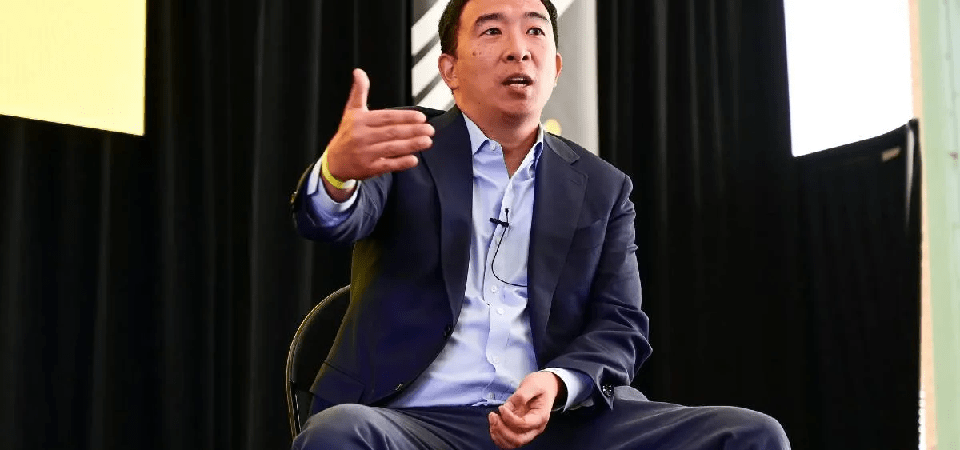

Andrew Yang, a candidate for the 2020 Democratic presidential nomination known for advocating a universal basic income of $1K per month for all US citizens, argues that the legalization of sports betting has had detrimental effects on society overall.
Yang, a businessman, lawyer, lobbyist, and political analyst believes that the current growth of legal sports gambling nationwide, enabled by a historic US Supreme Court decision in May 2018, has had negative consequences.
Yang claims that the outcomes have been especially harsh for those who cannot afford to lose. Yang compares sportsbooks to a modern version of the lottery, suggesting they exploit those who are less fortunate.
"You know what’s become another ‘tax’ on Americans? Online sports betting,” Yang said on X.
Faced with pushback from his 1.7 million X followers, Yang clarified that he has participated in the legal sports betting market.
"Guys, I gamble on sports on one of the apps. It’s a time suck and totally changes your viewing experience — and not for the better,” Yang continued. “It’s incredibly easy to imagine people betting money that they can ill afford.”
Yang isn’t opposed to gambling, as he has backed legal online poker. A native of New York, Yang also advocates for the establishment of full-scale casinos in New York City.
Tax on the Underprivileged?
Lotteries are frequently regarded as a regressive tax that adversely affects low-income individuals, who contribute the majority of the tax.
In April, The Economist noted that low-income individuals allocate significantly more to lottery games compared to their wealthier counterparts. Following a review of state lottery reports and a comparison of the findings with statistics from the US Census Bureau, researchers from The Economist discovered that in the lowest 1% of zip codes, the typical American adult spends approximately $600 annually, which is about 5% of their income, on lottery tickets.
“In other words, the poorest households spend roughly 30 times more on lotteries than richer ones, as a share of income. The pandemic appears to have made things worse. In 2021 the poorest 1% of households — flush with stimulus cheques — spent $100 more on lotteries than they did in 2019. The richest 1% spent just $10 more,” the report relayed.
Last year, Americans spent over $100 billion on state-run lottery games, making the US lottery sector the ninth most lucrative business in the nation if considered as one entity.
While most of the nearly 40 states that allow sports betting do not manage the wagering or serve as the house, they are benefiting financially from permitting the expanded gambling activities. Following the landmark SCOTUS decision, state tax income from sports betting has risen to over $6.8 billion.
Yang Gang
Yang launched a vigorous campaign in 2020 to obtain the Democratic Party's presidential nomination.
Among his significant political endorsements that year were Elon Musk, then-CEO of Twitter Jack Dorsey, and OpenAI Chair Sam Altman. Yang's endorsements linked to Vegas featured the late Zappos CEO Tony Hsieh, poker legend Daniel Negreanu, and illusionist Penn Jillette.
Yang qualified for and took part in the initial seven Democratic primary debates prior to halting his campaign in February 2020. Yang's chances of winning the 2028 election are approximately 125 to 1.
